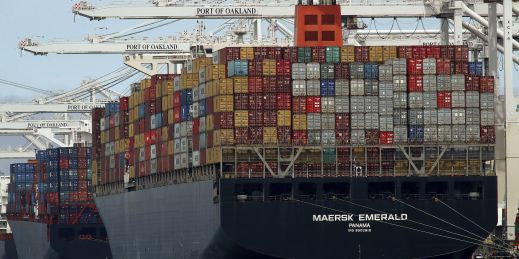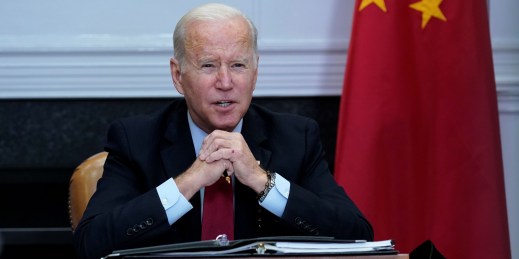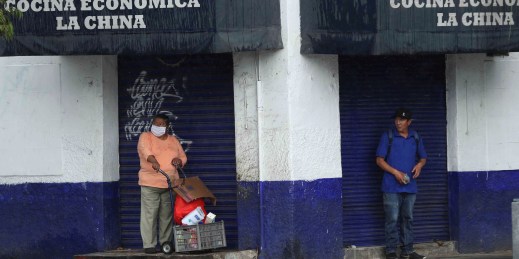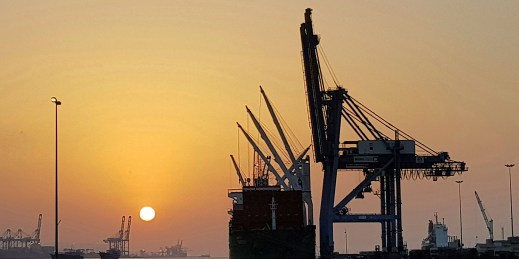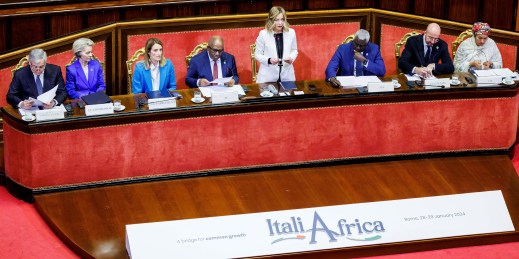
Italian Prime Minister Giorgia Meloni used the annual Italy-Africa gathering—upgraded to a summit this year—to strategically frame her government’s new approach to Africa. However, the inherent contradictions of the event were not entirely concealed, revealing challenges that will necessitate nuanced approaches to resolve.

